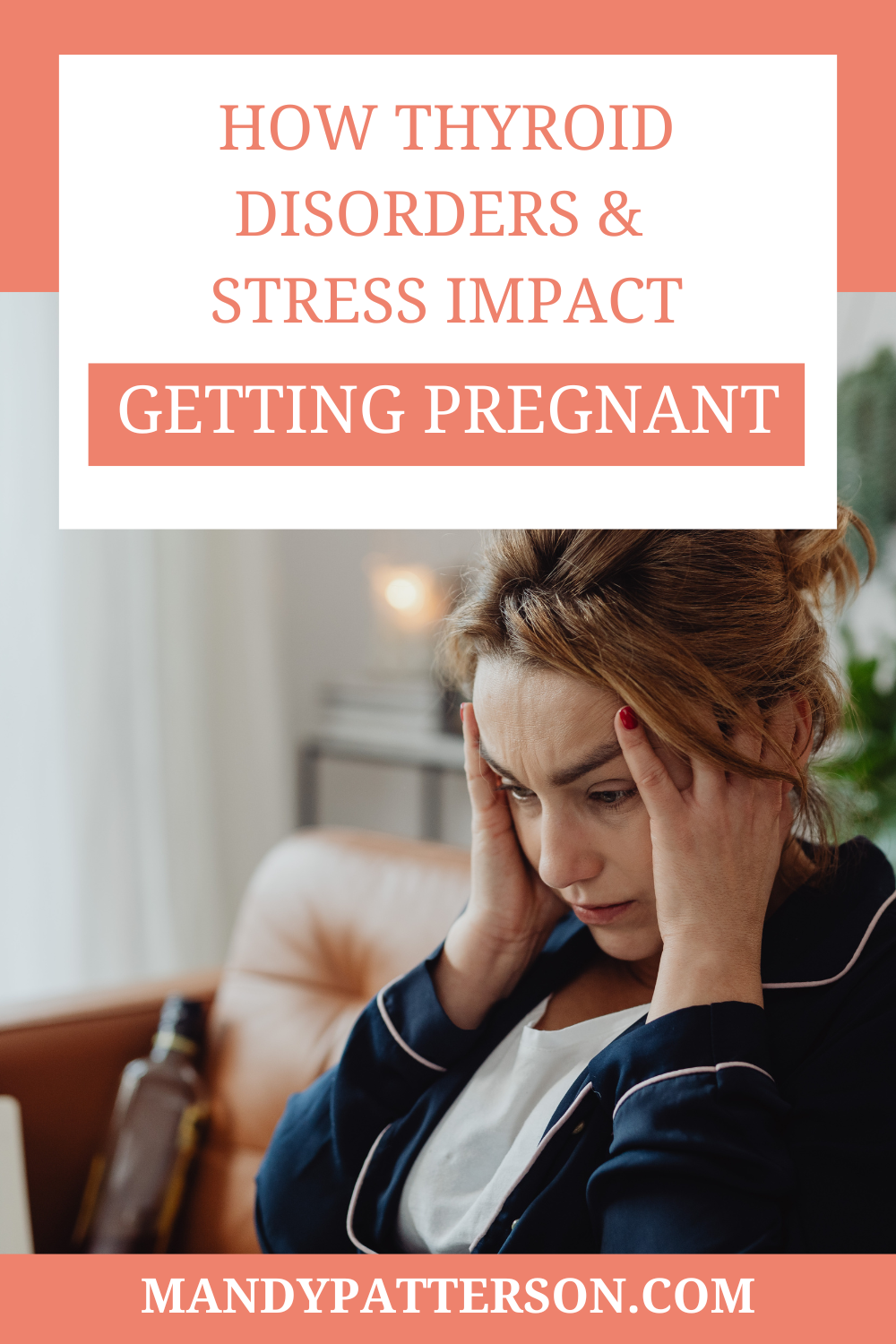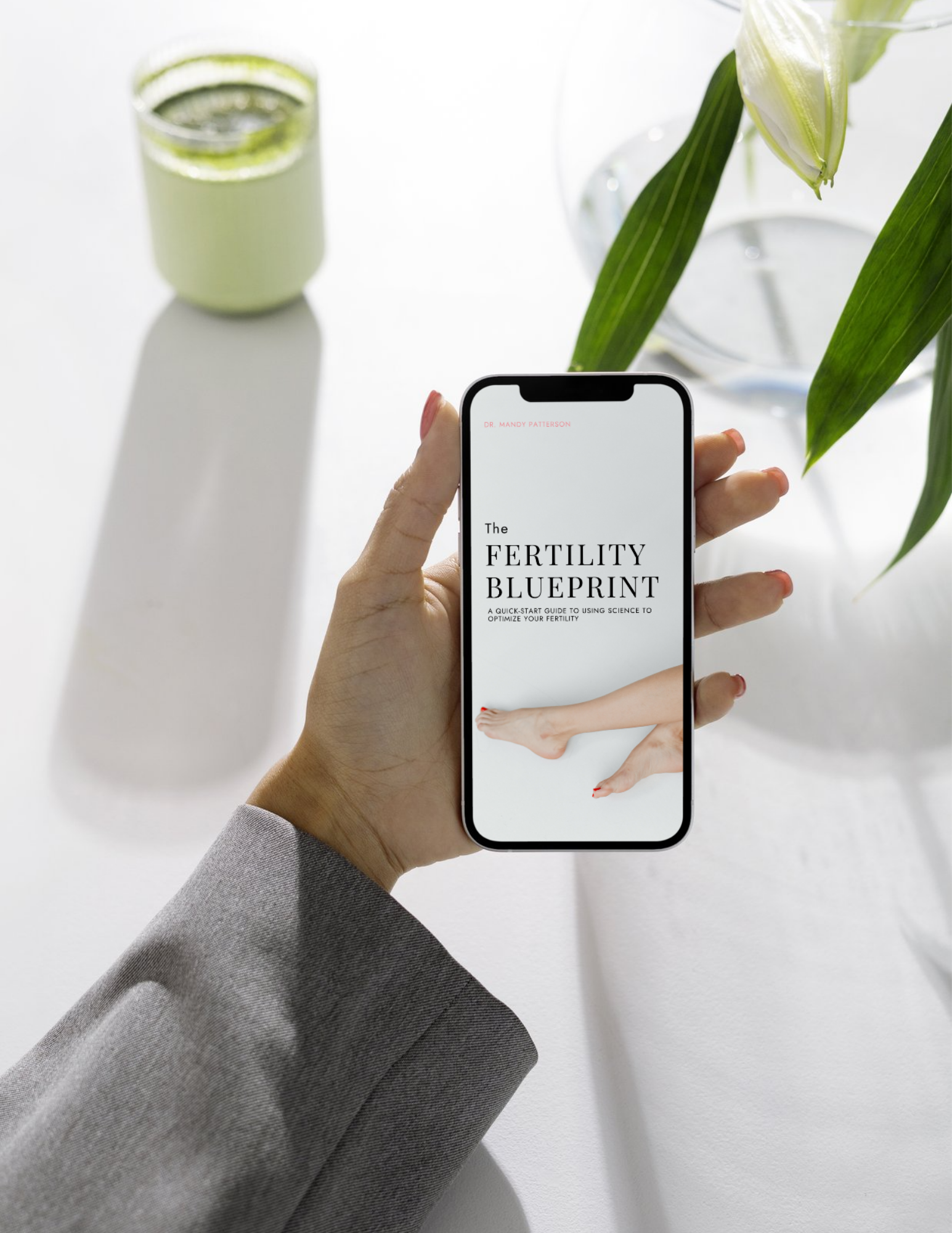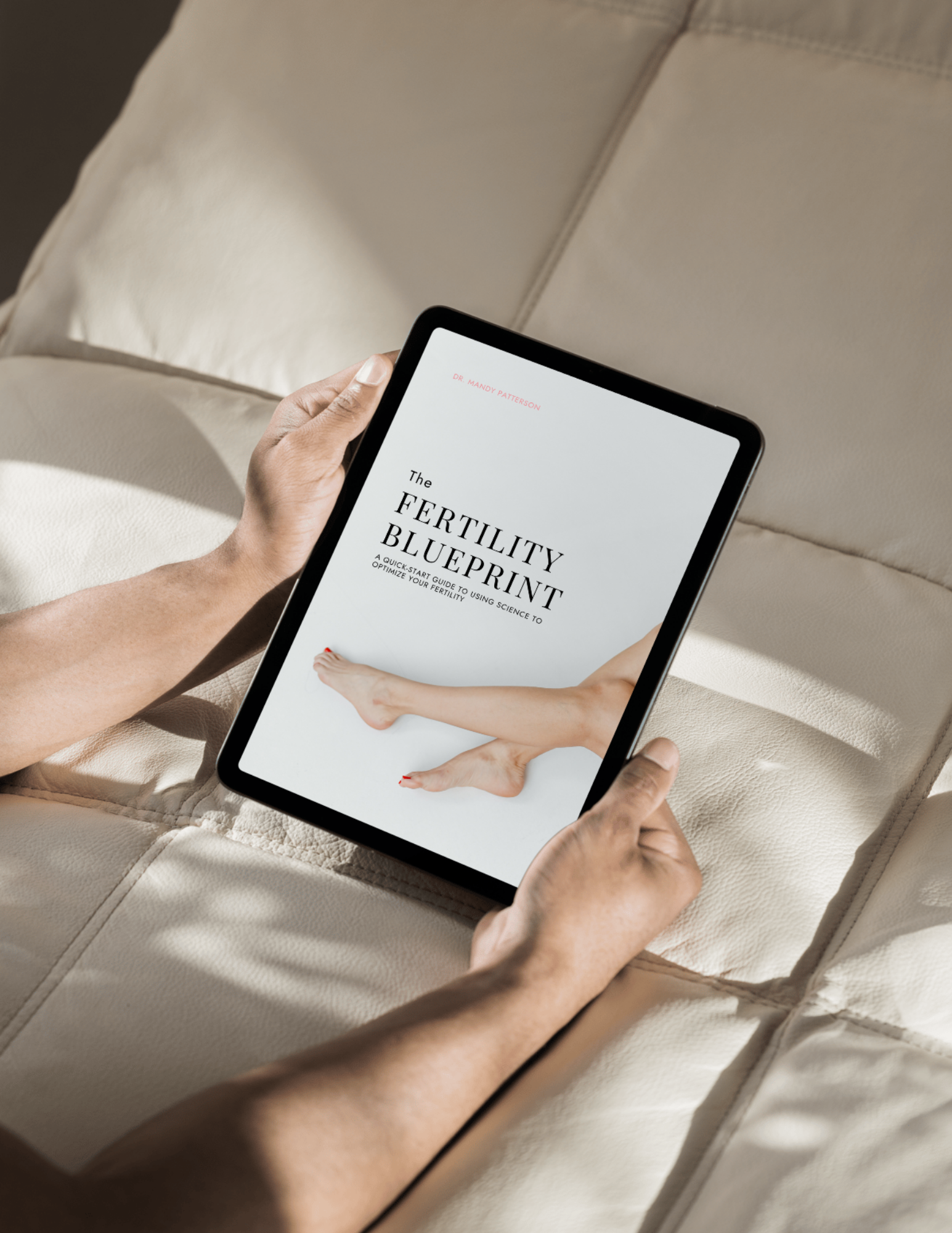Did you know that women are more likely to deal with thyroid conditions than men? Optimizing thyroid function should be at the top of your list if you are trying to get pregnant. The truth is that the tiny, butterfly-shaped gland at the base of your throat controls a lot. The health of your thyroid and your reproductive health are both complex components of conception. This article will explain, in detail, how thyroid disorders impact getting pregnant.
What is the Thyroid Gland?
The thyroid gland is a hormone gland that works together with the hypothalamus and pituitary gland. The thyroid gland helps regulate bodily functions by constantly releasing a steady amount of thyroid hormones into the bloodstream. Notably, it plays a significant role in metabolism, growth, and development.
Thyroid Disorders
So, what happens when your thyroid stops functioning properly?
There are two main types of thyroid disorders. These disorders occur when the thyroid gland is either overactive or underactive. An overactive thyroid (also known as hyperthyroidism) occurs if the thyroid gland makes too many hormones. An underactive thyroid (hypothyroidism) is where the gland doesn’t make enough hormones.
Hypothyroidism and hyperthyroidism are on opposite ends of the spectrum, but both of these imbalances lead to frustrating symptoms.
Hypothyroidism
If you have hypothyroidism, you will likely feel fatigued. You may have trouble concentrating and be prone to weight gain.
Other symptoms of hypothyroidism include:
- Cold intolerance
- Unexplained weight gain
- Constipation (often severe)
- Thinning eyebrows
- Dry skin and weak nails
- Irregular menstrual cycle
- Hair loss
- Brain fog
- Weakness
Subclinical Hypothyroidism
There exists a condition called subclinical hypothyroidism. This is a type of thyroid disorder where TSH (the main thyroid hormone) levels are mildly elevated. In this case, you don’t experience the obvious symptoms of thyroid deficiency. However, that doesn’t mean your body isn’t suffering from a thyroid problem, and you may even experience fertility problems due to this often hidden condition.
Hyperthyroidism
The other side of the coin is hyperthyroidism. This thyroid disorder makes you feel more anxious and restless. You will likely have a racing heart and irritability. Symptoms include muscle weakness and loss of weight.
Other symptoms of hyperthyroidism include:
- Nervousness
- Mood swings
- Excessive sweating
- Trembling
- Insomnia
- Thin skin
- Muscle weakness
- Brittle nails and hair
Autoimmune Thyroid Disorders
Finally, an overactive immune system could be at the root of both types of thyroid conditions.
When the immune system begins attacking the thyroid with thyroid antibodies, it can cause either hyperthyroidism or hypothyroidism. Autoimmune diseases of the thyroid include Hashimoto’s thyroiditis (hypothyroidism) and Graves’ disease (hyperthyroidism).
Thyroid Disorders and Fertility
Now that you understand the basics of thyroid disorders let’s talk about how thyroid disorders can impact your fertility.
Hypothyroidism and hyperthyroidism can negatively impact fertility by disrupting the ability to become pregnant and the ability to carry a fetus to term. In addition, the presence of autoimmune antibodies, with or without hyper or hypothyroidism, can also impact your fertility.
Hyperthyroidism and Fertility
Research shows that thyroid disorders can cause significant reproductive problems in women. One study found that 2.3 percent of women with fertility problems had an overactive thyroid, compared with 1.5 percent of those in the general public.
The researchers suggest that testing for thyroid disease should be considered for women who have trouble getting pregnant or those who have experienced early pregnancy loss.
Notably, while most women with hyperthyroidism are able to conceive, the thyroid condition should be treated and monitored to protect both you and your baby during pregnancy. Left unchecked, hyperthyroidism can lead to pregnancy complications, like a spike in blood pressure late in the pregnancy, premature delivery, low birth weight, or even miscarriage.
Hypothyroidism and Fertility
Hypothyroidism affects nearly 2–4% of women in the reproductive age group. It can affect fertility due to anovulatory cycles, luteal phase defects, hyperprolactinemia, and sex hormone imbalance.
One study found that of 394 infertile women, 23.9% were hypothyroid. After treatment for hypothyroidism, 76.6% of the infertile women conceived within 6 weeks to 1 year.
Hypothyroidism can occur spontaneously, develop during or after pregnancy, or after treatment for hyperthyroidism. You can also be born with this condition.
Similar to hyperthyroidism, testing should be done in the early stages of infertility check-ups rather than going straight for more costly tests or invasive procedures.
Stress, Thyroid Disorders, and Getting Pregnant
We all know that infertility is stressful. Add struggling with conception on top of all the other everyday stressors on top of a thyroid disorder, and you’ve got a huge problem on your hands.
Here are the specifics: when a stressor triggers the fight-or-flight response, a cascade of stress hormones can shut down a number of functions in the body if they are not deemed absolutely essential for survival.
Unfortunately, when you live with chronic stress, processes such as digestion, reproduction, immune system surveillance, and even thyroid hormone production are slowed down or put on hold.
Exactly. Stress hormones can disrupt thyroid hormones which can, in turn, stop the reproductive system in its tracks.
Prolonged levels of high cortisol can interfere with thyroid hormones in several ways. For example, when cortisol levels are elevated, it can signal the thyroid gland to stop producing adequate amounts of thyroid hormone. Cortisol can also interfere with the conversion of T4 (inactive thyroid hormone) to T3 (active thyroid hormone).
Therefore, these stress-induced mechanisms can lead to thyroid disorders like hypothyroidism, which can disrupt things like your menstrual cycle and ability to conceive.
It’s also plausible that thyroid problems can make you more vulnerable to stress. In either case, it’s clear that stress and the thyroid gland have a bidirectional relationship, which directly affects the reproductive system.
How To Get Diagnosed For A Thyroid Disorder
The thyroid gland releases two main hormones: thyroxine (T4) and triiodothyronine (T3).
In addition, the hypothalamus releases thyroid-releasing hormone (TRH), which stimulates your pituitary gland to produce and release thyroid-stimulating hormone (TSH). TSH stimulates the production of T4 and T3 in the thyroid gland.
To assess your thyroid health, a functional medicine doctor will order labs on several different biomarkers.
- TSH
- Total and Free T4
- Total and Free T3
- Reverse T3
- Anti-TPO
- Anti-thyroglobulin
Consequently, this ensures that all biomarkers for thyroid health are analyzed. A comprehensive thyroid test will identify areas for assessment, so you can catch this disease in the early stages of conception.
Treatment for Thyroid Disorders
The conventional medical treatment for a thyroid disorder incorporates prescription drugs like Levothyroxine, a synthetic form of T4, for hypothyroidism. Conversely, medicines called thionamides treat hyperthyroidism. They stop your thyroid from producing excess hormones.
Be that as it may, you can also support your thyroid naturally.
This is done by reducing stress, allergens, and toxins from your life; and taking science-backed supplements and herbs targeted at the underlying cause of your specific case of thyroid dysfunction.
Work with a Fertility Health Coach
If you are interested in optimizing your thyroid function for conception, consider working with a functional medicine fertility specialist. If you suspect you have an unregulated thyroid disorder, the first step to getting pregnant is going to be balancing your thyroid hormones. You can reach out to me on my contact page to learn more!


















